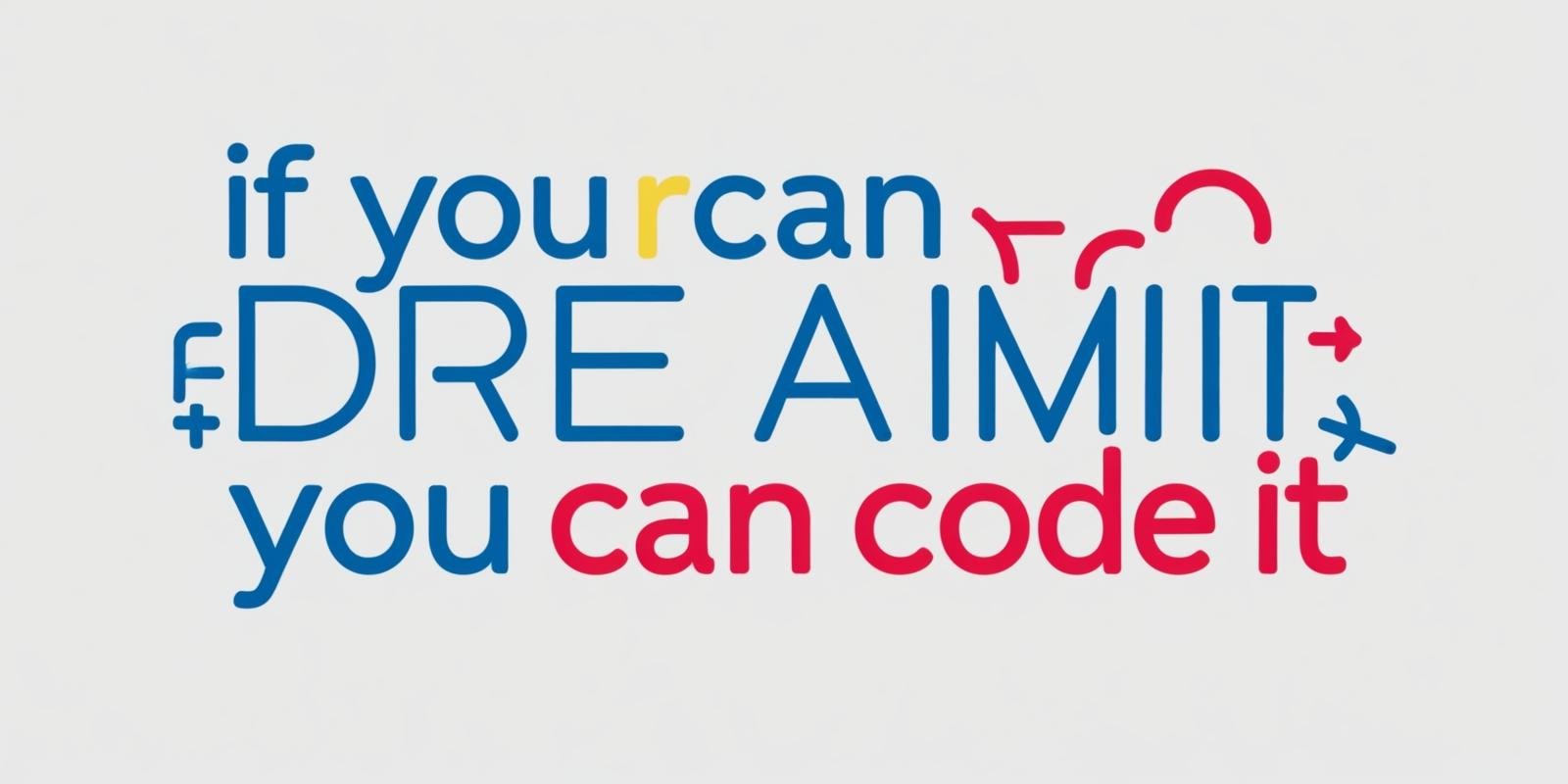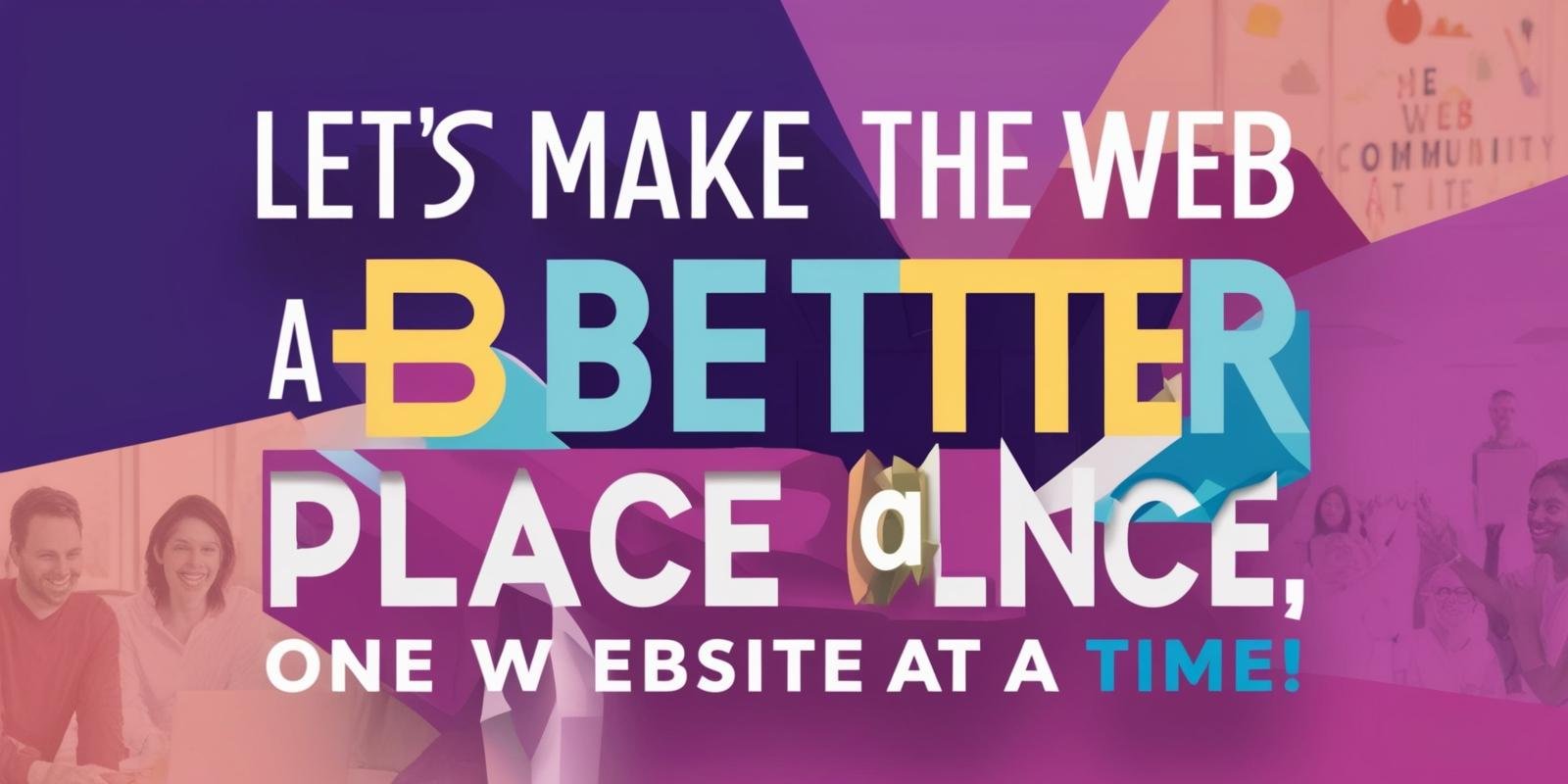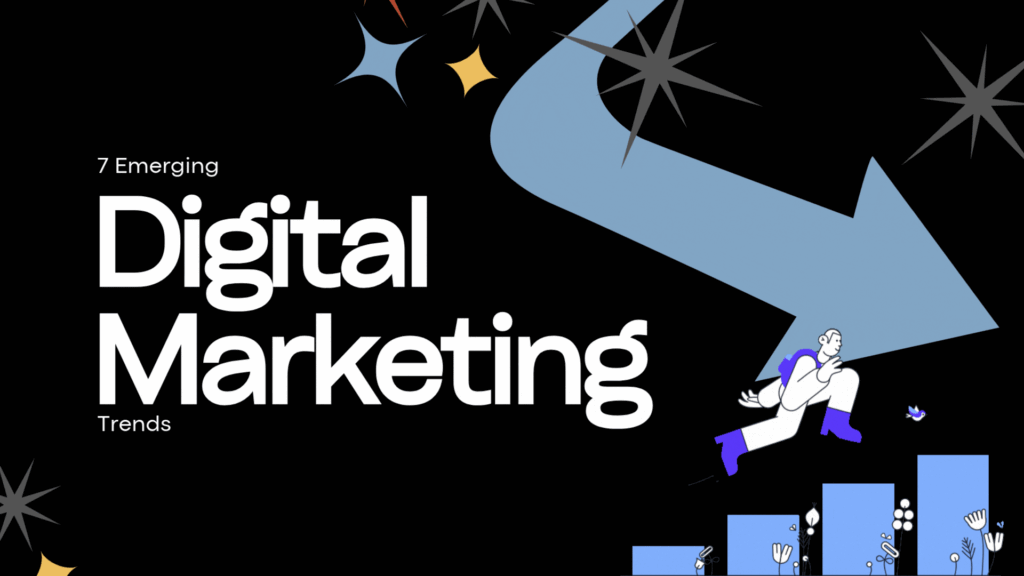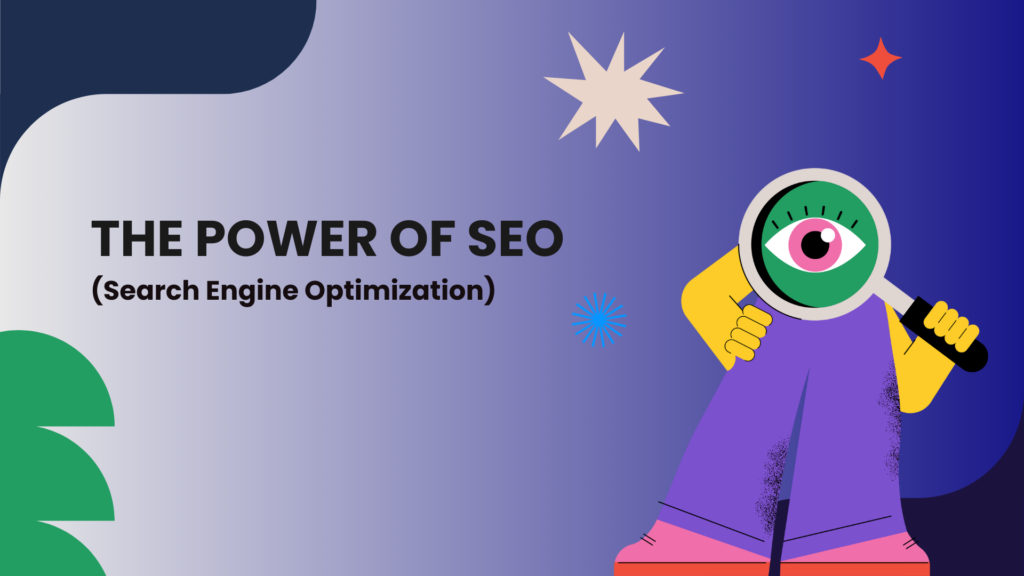The world of web development is buzzing with opportunities, and it’s not just for the “tech nerds” or coding geniuses. If you’re a non-IT person wondering, “Can I jump into this dynamic industry?” the answer is a big, bold YES! Web development is like a buffet—there’s something for everyone, whether you’re a creative soul, a problem solver, or just someone who loves playing with colors and layouts. Let’s dive in and see how you can make this exciting transition.
1. Web Development: It’s Not All Code and Chaos
Contrary to popular belief, web development isn’t just about writing complex code or staring at a black screen filled with green text (we’re not all living in “The Matrix”). The field is vast and includes roles like:
– Frontend Developer: The Picasso of websites, making things look pretty and functional.
– Backend Developer: The wizard behind the curtain, making the website work like magic.
– Full-Stack Developer: A superhero who does it all.
– UX/UI Designer: The artist ensuring users say, “Wow, this is smooth!”
– Web Analyst: The detective who tracks website performance and suggests improvements.
2. Skills Matter More Than Degrees
In web development, your skills are the golden ticket—not your educational background. Even if you have a degree in history, commerce, or underwater basket weaving, you can still become a web developer. All you need is the willingness to learn and the right resources.
Here’s what you’ll need in your toolkit:
– Frontend Basics: HTML, CSS, JavaScript (Think of these as the bread, butter, and jam of websites).
– Frameworks: Learn Angular, React, or Vue (these are like power-ups for developers).
– Backend Basics: Node.js, Python, or PHP (the brain behind the beauty).
– Version Control: GitHub (because undoing mistakes is a lifesaver).
– Responsive Design: Making websites look fabulous on every screen, from phones to TVs.
3. The First Step: Dip Your Toes in the Water
)Start with free or affordable online resources. Some fantastic platforms to get started are:
– FreeCodeCamp: Free, beginner-friendly tutorials.
– Udemy: Affordable courses with lifetime access.
– W3Schools: Your go-to for quick learning.
– YouTube: Free tutorials (and funny cat videos for breaks).
4. Build, Break, Repeat
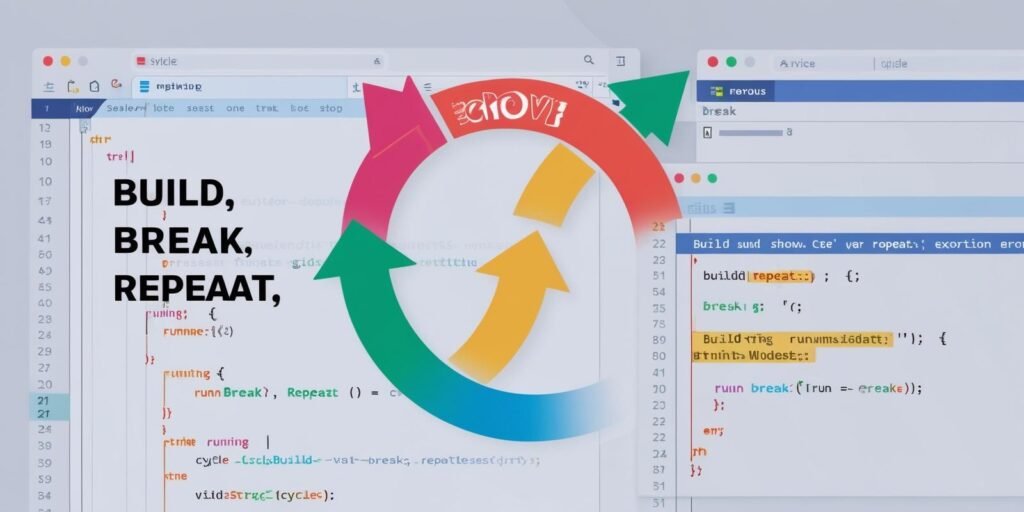
Web development is a hands-on game. The best way to learn is by doing:
– Create a personal portfolio website (even if it’s just to show off your love for Tea).
– Clone popular websites (No, not the entire Amazon—just the homepage!).
– Contribute to open-source projects on GitHub (free mentorship included!).
5. Overcoming Imposter Syndrome
Feeling like you don’t belong because you’re not from an IT background? Join the club—every developer has been there. Remember, every expert was once a beginner who Googled “How to center a div” (and cried a little while doing it).
Here’s a personal example: I started my journey in May 2021, coming from a commerce background. Armed with curiosity and an internet connection, I learned technologies like Angular, React, and Tailwind CSS. Today, I help others as a frontend developer while sharing knowledge through Instagram and Telegram communities. If I can do it, so can you!
6. Networking Like a Pro
Web development communities are some of the most welcoming out there. Join:
– Meetups: Check out local tech meetups or online events.
– Telegram or Discord Groups: Find groups focused on web development.
– LinkedIn: Connect with professionals and showcase your projects.
8. Playful Facts About Web Dev
– HTML is not a programming language: It’s like the skeleton of a website—it doesn’t do math.
– CSS quirks: Why is your div misbehaving? Because CSS wants to test your patience.
– JavaScript magic: It’s the thing making buttons clickable and animations smooth—and your debugging nights long.
9. Final Words of Wisdom
Web development isn’t rocket science (though some developers might argue otherwise during debugging). It’s a creative, ever-evolving field that welcomes anyone willing to learn. So grab your laptop, start exploring, and remember: every line of code you write is a step closer to your dream career.
In the words of a wise coder: “If you can dream it, you can code it.” Let’s make the web a better (and funnier) place, one website at a time!
